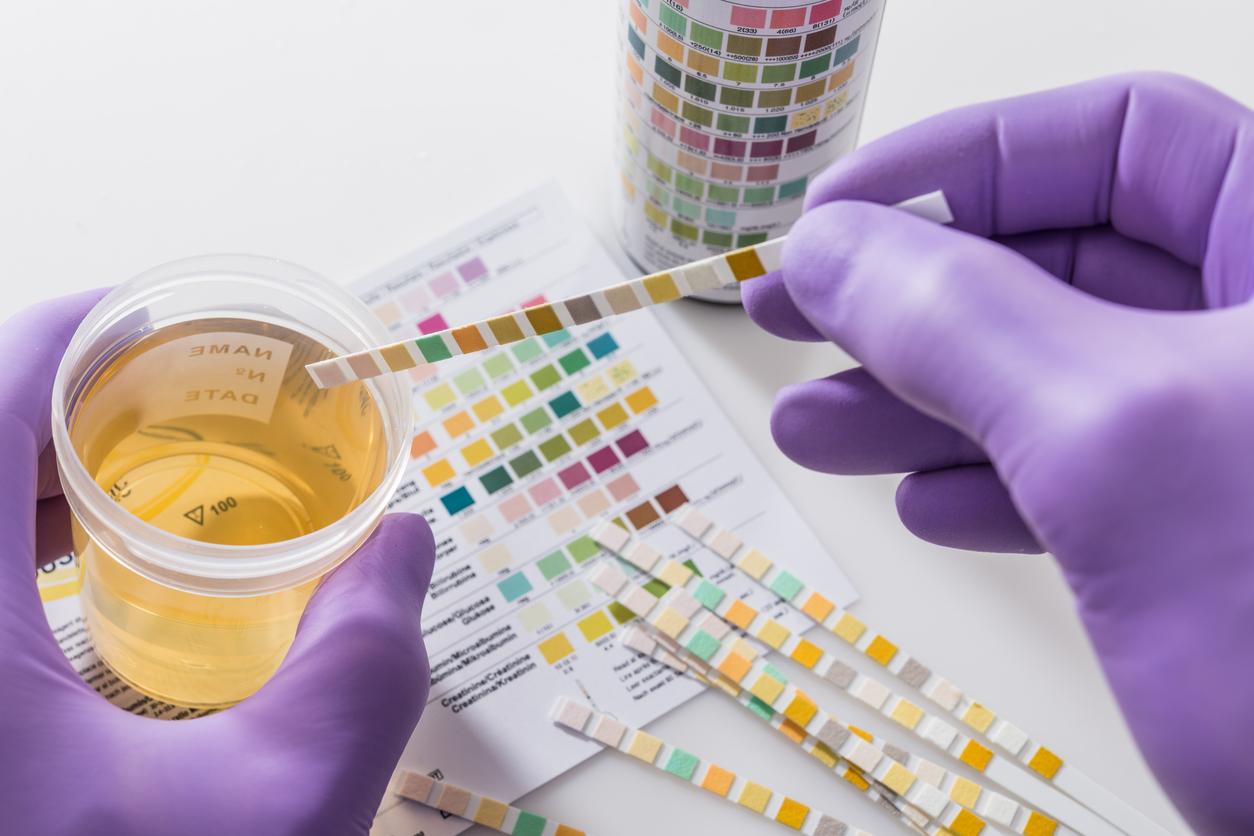The US Food and Drug Administration (FDA) last week approved a new oral antibiotic for treating uncomplicated urinary tract infections (uUTIs).
The antibiotic, Orlynvah (sulopenem etzadroxil and probenecid), is a broad-spectrum oral penem antibiotic that's indicated for treating uUTIs caused by certain bacteria (Escherichia coli, Klebsiella pneumoniae, or Proteus mirabilis) in adult women who have limited or no alternative treatment options. The drug was developed by Iterum Therapeutics.
The FDA says the approval was based in part on two phase 3 randomized controlled trials in which Orlynvah was compared with standard treatment options for uUTIs. In a trial involving 2,241 adult women who had uUTI (the REASSURE trial), patients with amoxicillin/clavulanate-susceptible pathogens who received Orlynvah had a 62% composite response rate (combined microbiologic and clinical response), compared with a 55% composite response rate in patients treated with amoxicillin/clavulanate—a finding that demonstrated non-inferiority.
In another trial (SURE-1), conducted in 1,660 adult women with uUTIs caused by ciprofloxacin-resistant pathogens, Orlynvah was found superior to ciprofloxacin, with a 48% composite response rate compared with 33% in the ciprofloxacin group.
The most common side effects of Orlynvah in trial participants were diarrhea, nausea, vaginal yeast infection, headache, and vomiting.
Company officials hailed the news.
"Orlynvah offers new hope for patients suffering from difficult-to-treat uUTIs," Iterum CEO Corey Fishman said in a company press release. "As the first oral penem approved in the US, Orlynvah offers an excellent alternative treatment option for appropriate patients in the underserved uUTI market."
Concerns about empiric therapy, inappropriate use
The approval comes 3 years after the FDA rejected Iterum's new drug application (NDA) for Orlynvah. The agency told Iterum at the time that it needed more data to support approval and recommended at least one additional adequate and well-controlled trial. Iterum resubmitted the NDA, with data from the REASSURE trial, in April.
At a meeting of the FDA's Antimicrobial Drugs Advisory Committee on September 10, committee members agreed that Orlynvah could be beneficial for some patients, but some expressed concern that off-label use could amplify resistance to carbapenems, which are closely related to penems and an important class of antibiotics for serious, multidrug-resistant infections. That concern was shared by the FDA.
"While an oral penem for treatment of resistant bacteria causing uUTI could potentially address an unmet need, its use in an ambulatory setting where treatment is most commonly empiric raises concern for inappropriate use which may contribute to AMR [antimicrobial resistance]," the agency said in its briefing document.
The FDA added that careful antimicrobial stewardship and consideration by guidelines committees "are needed to ensure appropriate positioning of sulopenem etzadroxil/probenecid in the hierarchy of treatment options for uUTI."
The advisory committee did not vote on a recommendation.
A common infection in women
uUTIs are one of the most common infections experienced by women, accounting for approximately 40 million antibiotic prescriptions annually in the United States alone. An estimated 50% of all women have at least one uUTI in their lifetime.
As the first oral penem approved in the US, Orlynvah offers an excellent alternative treatment option for appropriate patients in the underserved uUTI market.
In a presentation today for investors, company officials said that the four leading oral antibiotic treatments for uUTI account for roughly 75% of the prescription market but have resistance rates near or above 20% and have additional safety concerns. It also noted that roughly 5% of patients in the SURE-1 had pathogens that were resistant to all available oral antibiotics.
The FDA's full prescribing information states that Orlynvah should be used only to treat uUTI that are proven or strongly suspected to be caused by susceptible bacteria. The drug was not approved as a primary or step-down treatment for complicated UTIs or for complicated intra-abdominal infections.























